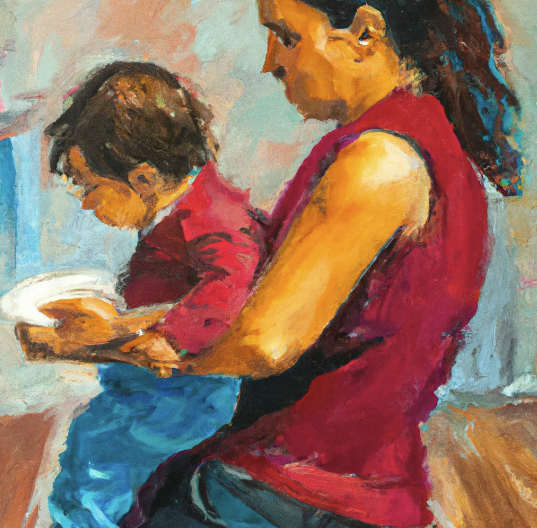Potty training is an important milestone for both parents and children. It marks the transition from diapers to the toilet and can be both exciting and challenging. For many parents, the process can seem daunting, but with patience, understanding, and a few tried-and-true tips, it can be smoother for everyone involved. Here are some tips to help you and your little one navigate the journey of potty training.
1. Recognize the Signs
- Look out for cues that indicate your child might be ready. This includes:
- Staying dry for longer periods.
- Showing interest in the toilet.
- Disliking the feeling of a wet or dirty diaper.
- Able to follow simple instructions.
2. Keep a Routine
Set regular times for potty breaks, such as after meals or before bedtime. This not only helps your child recognize the feeling of needing to go but also establishes a predictable pattern.
3. Choose the Right Equipment
Decide if you want to use a potty chair or a seat reducer for the regular toilet. Some children prefer the smaller size of a potty chair, while others like feeling “grown-up” on the regular toilet. Whatever you choose, make sure it’s stable and comfortable.
4. Dress for Success
Use clothing that’s easy to remove. This encourages independence and reduces potential frustration or accidents.
5. Celebrate Small Wins
Positive reinforcement goes a long way. Celebrate every success with praise, a sticker chart, or small rewards.
6. Be Patient and Understanding
Accidents will happen. Stay calm and reassure your child that it’s okay. Scolding or showing frustration can create negative associations with the toilet.
7. Nighttime Takes Longer
It’s common for children to master daytime potty training before nighttime. Use pull-up diapers or waterproof mattress protectors during this transitional period.
8. Involve Them in Clean-Up
If an accident happens, involve your child in the cleanup (in a non-punitive way) so they understand the consequences and become more responsible.
9. Use Books and Videos
There are countless children’s books and videos on potty training. These can make the process fun and relatable.
10. Seek Support
Remember, you’re not alone. Connect with other parents, join forums, or seek advice from pediatricians or child development experts.
In conclusion, potty training is a significant step in your child’s development. With love, patience, and the right strategies, it can be a rewarding experience for both of you.

